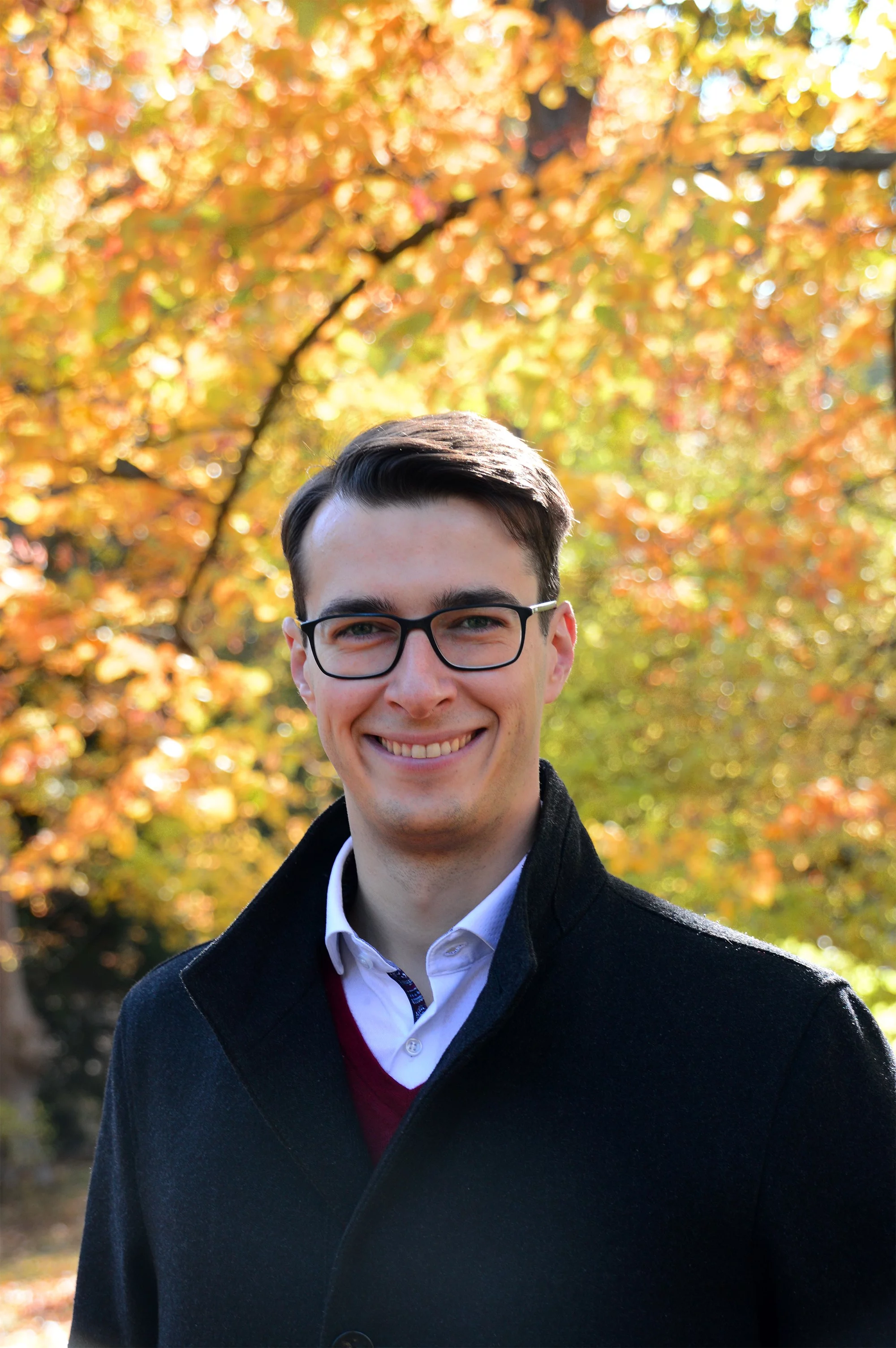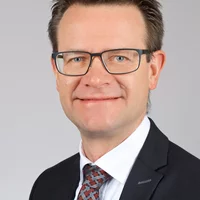
Bernhard Pribyl-Kranewitter, former PhD student at the Energy and Environment Division, shares with us a glimpse of his time at the Paul Scherrer Institute and where his path has led him. Currently, he works as a senior consultant at Kearney.
What and where exactly do you work now?
I work as a consultant at the global management consulting firm Kearney. This is the right place for me due to the professional focus as well as the emphasis on analytics and technical topics. As a senior consultant in the energy, chemical, and process industries, I advise companies on a wide variety of problems, whether strategic or operational.
How did you get this job?
I had reflected: "What did I learn in my doctorate?", “In which direction do I want to develop?", and "What fascinates me?”. Although the doctorate was very interesting for me, my interest in business grew, and thus I decided to move into the industrial world. More concretely, one of the reasons I chose management consulting is that it offers a diverse environment with a steep learning curve. The job provides the opportunity to gain insight into many companies in a wide variety of fields, identify problems and challenges and seek solutions together with the client. I had the opportunity to meet many leading consultancies at various recruiting events. At Kearney, I immediately felt comfortable due to the great working atmosphere as well as the professional focus and consequently applied for a job here.
When you started your PhD at PSI, did you already know what you wanted to do later?
In the second half of the PhD, I started to think about where I wanted to go professionally. Discussions with some of my colleagues and superiors encouraged me to go in the direction of management consulting. Above all, the fact that with a scientific background you are also in great demand in this field ultimately contributed to my decision for this profession. Now I know that the analytical skills I acquired during my scientific career are highly relevant in the industry and contribute to a successful career.
Where do you see the advantages of doing a PhD at PSI?
One advantage that immediately comes to mind is the interdisciplinarity in a very compact space that you have at PSI. Furthermore, I am enthusiastic about the applicability of the research projects, a good example for this is the ESI platform. Even the fundamental science that is done here always has the later technical application in mind. Another advantage for me is the fact that the PhD at PSI has a time frame of maximum four years, which facilitates long-term planning.
What were the challenges for you when moving from research into the world of business?
In research, a large part of one’s attention is focused over a longer period of time on a specific scientific question, which needs to be researched and understood in great detail. In contrast, business is characterised by a higher speed and the focus is on profitability and economic efficiency of developments and products. Therefore, the entire situation must be considered when evaluating solutions and challenges, and a good balance must be found between the level of detail of the analyses and their actual contribution to a better understanding. For example, you can invest a lot of resources and time in a detailed analysis, which then turns out to allow for only slightly better conclusions and forecasts, and thus is not proportional to the increased effort. It is therefore essential to familiarize oneself quickly with various new topics, to gain an overview of the challenges to develop appropriate solutions.
Looking back - what did you learn during your PhD at PSI that you can apply to your current job?
Something that helps me, particularly at my current job at Kearney, is the structured and analytical approach that one acquires in the course of the PhD. This is directly applicable to economic analyses and provides a good basis for developing innovative solutions for the challenges of our time.
Conclusively, I could not imagine a better place to have done a PhD. You have the advantages of ETH in the background, but also your own space, the technology, the methods and the laboratory facilities, which are in place and available for use at the PSI. To conclude, I would like to thank Prof. Thomas Justus Schmidt and Dr. Alexandra Beard for the opportunity of doing my PhD about CO2 electrolysis, as well as for their great supervision and support during my time at the PSI.
